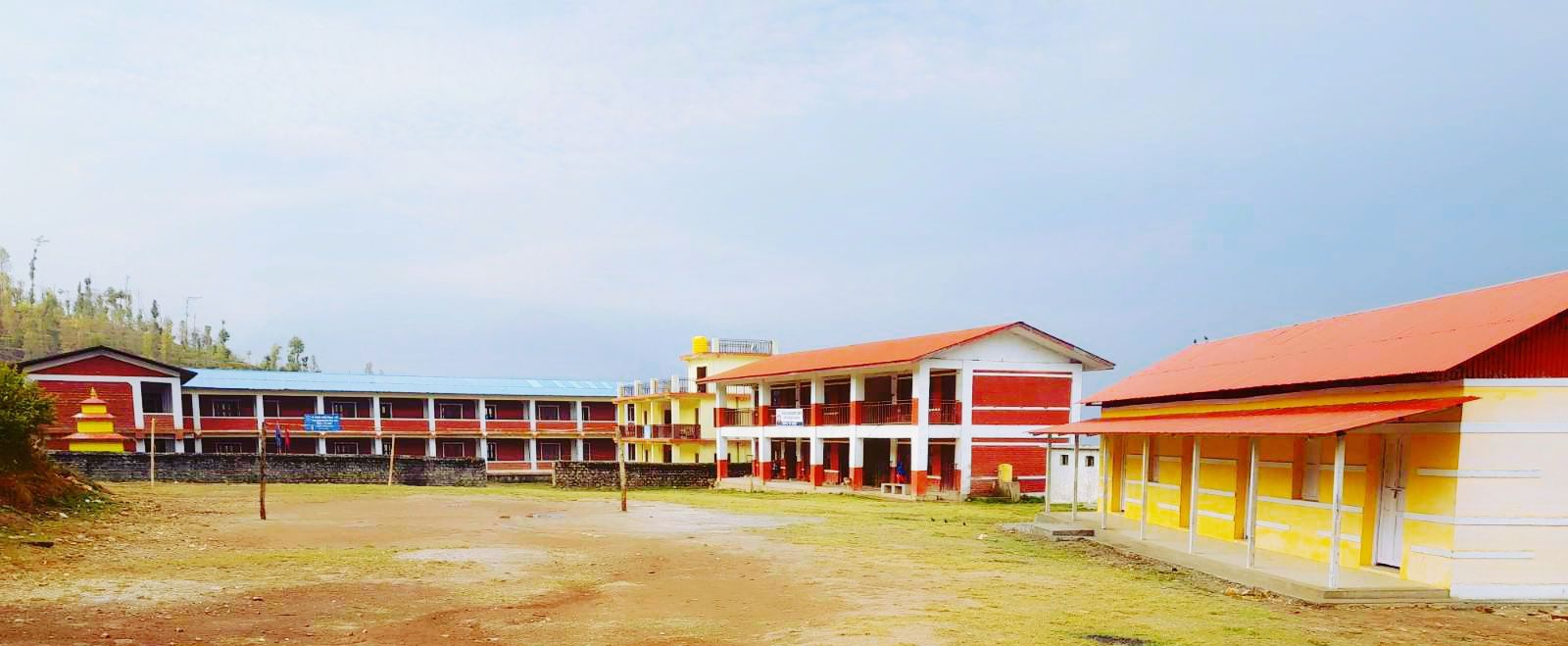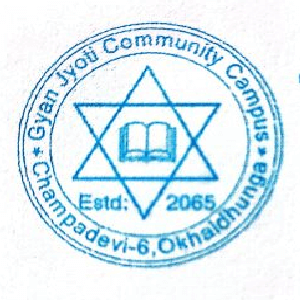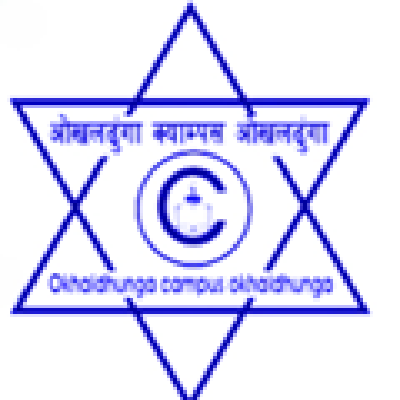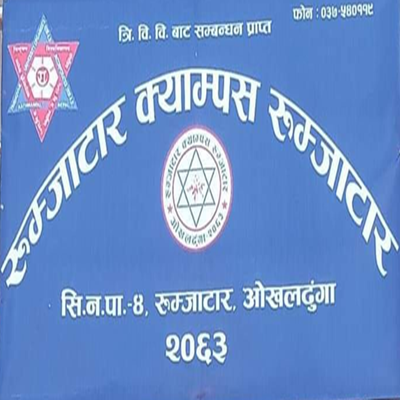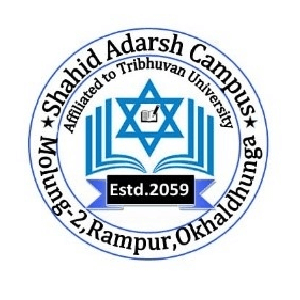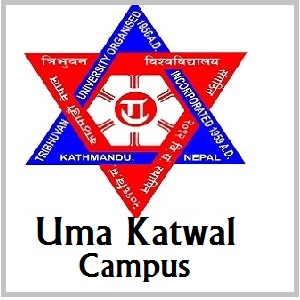Overview
Ragani Chandeshwori Campus (रगनी चण्डेश्वरी क्याम्पस) is a community-based higher education institution located in Khijidemba Rural Municipality–2, Ragani Polthali, Okhaldhunga District, Koshi Province, Nepal. Established in 2013 (2070 B.S.), the campus was founded through the collective effort of Shree Chandeshwari Secondary School Ragani, the then Village Development Committee, teachers, parents, political representatives, education enthusiasts, and social workers.
The campus was initially operated using the physical and academic resources of Shree Chandeshwori Secondary School. Later, 3 ropani of land was registered in the name of the campus, and further land acquisition (12 ropani 5 ana) was supported by Khijidemba Rural Municipality. Over the years, continuous support from the University Grants Commission (UGC), the rural municipality, and other stakeholders has allowed the campus to grow into a higher educational institution serving students from remote parts of Okhaldhunga, Ramechhap, and Solukhumbu.
Today, the campus runs four-year Bachelor of Education (B.Ed.) programs under Tribhuvan University, Faculty of Education, providing access to higher education for students who would otherwise face challenges reaching urban centers.
Quick Highlights
-
Location: Khijidemba Rural Municipality–2, Ragani, Okhaldhunga, Koshi Province, Nepal
-
Established: 2013 (2070 B.S.)
-
Affiliation: Tribhuvan University, Faculty of Education
-
Land Area: 15 ropani 5 ana (registered under campus ownership)
-
Infrastructure: Six-room concrete building with ICT facilities and essential furniture
-
Programs Offered: Four-year B.Ed. with majors in Nepali, English, Mathematics, and Population Education
-
Student Enrollment (2081/82): 201 students
-
Graduates Produced: 53 since establishment
-
Primary Funding: University Grants Commission, Khijidemba Rural Municipality, student fees, and local contributions
Academic Programs Offered
Ragani Chandeshwari Campus focuses on teacher education under the Faculty of Education at Tribhuvan University. Initially, the campus started with a three-year B.Ed. programs, later upgraded to four-year programs in line with national policy reforms from 2016 (2072 B.S.).
Available Specializations
-
Nepali Education
-
English Education
-
Mathematics Education
-
Population Education
These programs prepare graduates for teaching careers, academic research, and roles in educational planning. The curriculum includes subject specialization, pedagogy, practicum, and community engagement, ensuring students gain both theoretical understanding and practical teaching experience.
Admission Process
The campus follows Tribhuvan University’s admission guidelines:
-
Eligibility: Completion of 10+2 (or equivalent) with at least D+ in all subjects.
-
Application: Submission of the TU-prescribed admission form within the announced deadline.
-
Entrance Examination: Applicants must sit for an entrance test conducted by the campus.
-
Interview: Shortlisted students attend an interview to assess academic readiness and motivation.
-
Final Enrollment: Admission is finalized based on merit, entrance performance, and available seats.
The process ensures fair access to students from diverse socio-economic and geographic backgrounds, including those from marginalized and disadvantaged communities.
Teaching Faculty and Learning Methodology
Faculty Members
The campus employs both full-time and part-time teachers appointed in each subject specialization. Most faculty members hold Master’s degrees in their respective fields, while some are pursuing doctoral research. Their academic dedication is supported by continuous professional development through workshops and training programs organized at provincial and national levels.
Learning Methodology
-
Classroom Instruction: Regular lectures supported by discussions, assignments, and group work.
-
Internal Assessments: Three internal evaluations are conducted each year, weighted progressively (30%, 50%, 100%).
-
Teaching Practice: Students must complete mandatory school-based practicum sessions under faculty supervision.
-
Workshops and Seminars: Subject-related seminars and guest lectures enrich classroom learning.
-
Counseling and Support: A dedicated student counseling unit helps learners navigate academic and personal challenges.
This approach ensures students acquire the subject knowledge, communication skills, and professional competence necessary for their teaching careers.
Infrastructure and Learning Facilities
Despite being a rural community campus, Ragani Chandeshwari Campus has steadily developed its physical and learning environment.
Land and Buildings
-
Total Land: 15 ropani 5 ana
-
Building: Six-room reinforced concrete building, funded by UGC and internal resources
-
Future Plans: Expansion into multi-floor facilities for classrooms, administration, and library
ICT Facilities
-
3 laptops and 7 desktop computers
-
2 multimedia projectors
-
2 printers for academic and administrative purposes
Library and Learning Materials
The library provides textbooks and supplementary reading materials. While adequate for basic needs, further expansion is required to develop a modern reference library.
Furniture and Equipment
-
83 student chairs
-
70 sets of desk-benches
-
6 office tables
-
2 sofa sets
-
12 fans and 53 carpets
-
5 cupboards and 5 whiteboards
These resources create a functional learning environment despite financial limitations.
Student Life and Campus Experience
Ragani Chandeshwari Campus is not only a place for academic learning but also a community hub where students experience personal growth.
-
Diverse Student Body: Students come from Okhaldhunga, Ramechhap, and Solukhumbu, creating a multicultural learning environment.
-
Affordable Education: Being a community campus, fees are lower compared to private institutions, making higher education accessible to students from economically weaker backgrounds.
-
Community Service: Students actively participate in literacy campaigns, awareness drives, and social events that strengthen their connection with local society.
-
Support Units: Counseling services, faculty association programs, and student committees provide opportunities for leadership development.
Extracurricular Activities (ECA)
The campus promotes overall development through extracurricular initiatives:
-
Sports: Inter-college football, volleyball, and athletics events
-
Cultural Events: Participation in local festivals, music, and drama programs
-
Debates and Quiz Competitions: Encouraging critical thinking and public speaking
-
Awareness Campaigns: Programs on gender equality, child marriage prevention, and caste-based discrimination
-
Social Services: Health awareness drives, environmental sanitation, and disaster relief activities
These activities enhance teamwork, leadership, and civic responsibility among students.
Scholarships and Financial Support
To ensure inclusivity, the campus provides need-based scholarships and financial assistance:
-
Merit-based scholarships for top performers in entrance examinations and internal assessments
-
Support for marginalized groups, including Dalit, Janajati, differently-abled, and female students
-
Local contributions and donor support to provide additional scholarships for economically disadvantaged learners
-
UGC and Rural Municipality grants are sometimes allocated for scholarship programs
This financial support allows students from underprivileged backgrounds to continue their higher education without interruption.
Achievements and Institutional Milestones
-
Graduates Produced: 53 B.Ed. graduates since the establishment
-
Consistent Pass Rate: Students have achieved good performance in TU board examinations despite challenges
-
Infrastructure Growth: From operating in school classrooms to owning a six-room RCC building
-
Enrollment Growth: From 105 students (2076/77) to 201 students (2081/82)
-
Community Engagement: Active role in addressing social issues like child marriage, caste discrimination, and public health awareness
-
Recognition by UGC: Multiple grants received for infrastructure, ICT equipment, and library development
Why Choose Ragani Chandeshwari Campus?
-
Access to Higher Education in Remote Areas: Offers affordable B.Ed. programs for students unable to migrate to cities
-
Tribhuvan University Affiliation: Ensures curriculum quality and national recognition of degrees
-
Community-Based Institution: Operated with collective responsibility and transparency
-
Student-Centered Environment: Personalized support and manageable class sizes
-
Commitment to Social Responsibility: Students engage in awareness campaigns and community upliftment programs
-
Affordable Fees with Scholarships: Accessible to students from economically weaker families
Conclusion
Ragani Chandeshwari Campus stands as an example of how local communities in Nepal can establish and sustain higher education institutions even in geographically remote areas. Since 2013, the campus has steadily grown in terms of enrollment, infrastructure, and academic achievements. Despite limited resources, it continues to provide quality teacher education to students from Okhaldhunga and neighboring districts.
Contact the administrative office of Ragani Chandeshwari Campus for detailed information on the course, admissions, location, fees, scholarships, facilities, counseling, or eligibility.


